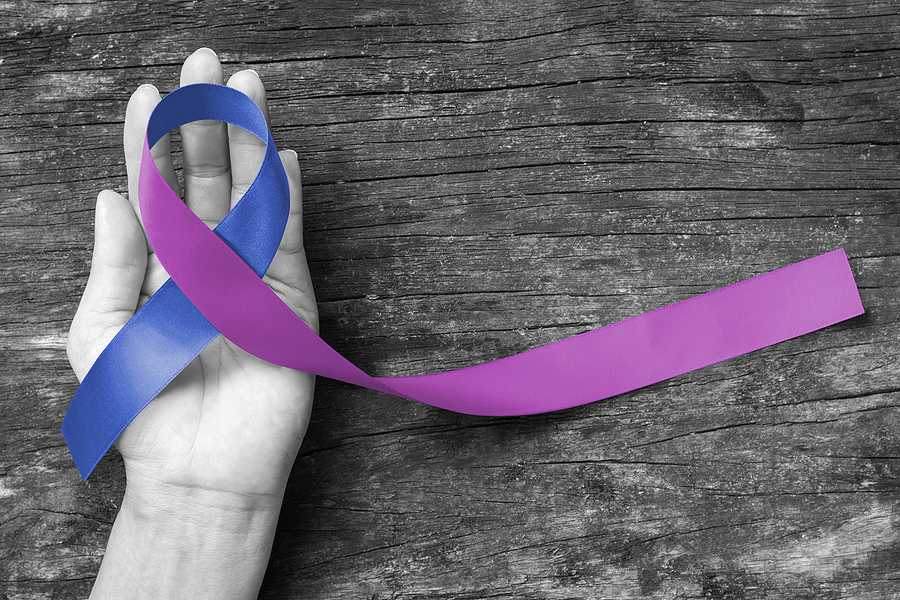February 2nd is established as Rheumatoid Arthritis Awareness Day. It’s no coincidence that it falls on the same day as Groundhog’s Day, as it is a day to bring an understanding of this condition into the light.
Keep reading to learn more about rheumatoid arthritis and how you can help spread awareness.
What is Rheumatoid Arthritis?
More than 1.5 million Americans suffer from the chronic pain of rheumatoid arthritis (more commonly known as RA).
While genetics and environment are factors for the people who are affected, the exact causes of RA are unknown. Nonetheless, some factors can increase the likelihood of developing RA, such as:
- Aging
- Sex (females are more likely to develop RA than men)
- Never gave birth
- Smoking
- Obesity
What are the Symptoms of Rheumatoid Arthritis?
Most people first experience RA in mid to late adulthood. Symptoms of rheumatoid arthritis include:
- Swelling in the joints
- Symmetrical symptoms (same condition in both hands or both knees)
- Pain and stiffness that is usually worse in the morning
- Weakness
- Low-grade fever
- Fatigue and low energy
- Weight loss
- Anemia
Those living with RA may experience a lower quality of life due to the debilitating effects of the disease. They are also at greater risk for developing other complications, including:
- Heart disease
- Lung disease
- Diabetes
- Osteoporosis
- Carpal tunnel syndrome
- Lumps on the skin called Rheumatoid Nodules
- Vasculitis (inflammation of the blood vessels)
- Eye problems (inflammation, vision loss, dry eyes)
- Stiff neck
Is there a cure?
Unfortunately, there is no cure for rheumatoid arthritis, but early detection can help people manage symptoms. There are several options for treating RA with the goals of slowing the progression of the disease, reducing inflammation, relieving pain, and lessening the damage to the joints. Treatment may involve:
- Disease-modifying antirheumatic drugs (DMARDs)
- Nonsteroidal anti-inflammatory drugs (NSAIDs)
- Steroids, such as Prednisone
- Physical therapy
- Heating pads
- Physical activity, including stretching
- Weight management
- Surgery
There are also foods that have anti-inflammatory properties:
- Fish
- Berries
- Nuts
- Tomatoes
- Olive oil
- Green leafy vegetables
People with RA should avoid foods that cause inflammation, which include:
- Refined carbohydrates
- Fried foods
- Sugar-sweetened beverages
- Red meat
- Processed meat
- margarine
How You Can Help
The first step to helping those with RA is by raising awareness. Rheumatoid Awareness Day recognizes those suffering from the disease and educates the public that it is more than just arthritis. You can help by sharing this post on social media and wearing indigo and blue to show your support.
Anyone experiencing rheumatoid disease symptoms should seek medical treatment as soon as possible. The professional staff at Advanced Rheumatology of Houston can help you live more comfortably with your rheumatologic condition.
A physical exam, along with blood tests and imaging, can help diagnose rheumatoid arthritis. After the diagnosis, the medical team will work with you to plan the best course of treatment. Early detection and treatment are the best chance for a good prognosis. So, don’t put off seeking help. Call (281) 766-7886 today to schedule an appointment.



